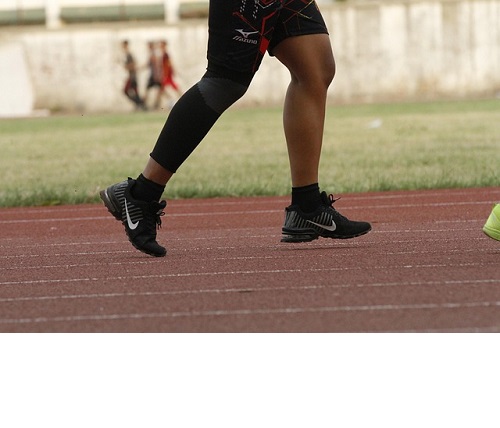
Follow us Now on Telegram ! Get daily 10 - 12 Interesting Updates. Join our Telegram Channel https://t.me/OhWomen
Download Telegram App before Joining the Channel
Dehydration: When the body is dehydrated, it can lead to an imbalance in electrolytes like sodium, potassium, and magnesium, which are essential for muscle function. This imbalance can trigger muscle cramps, especially in the legs.
Overexertion: Intense physical activity or prolonged exercise can put strain on the muscles, leading to cramps. This is particularly common among athletes or people engaging in heavy exercise.
Poor Circulation: Conditions like peripheral artery disease can affect blood flow to the legs, increasing the risk of cramping. Restricted blood flow can prevent muscles from getting enough oxygen, contributing to cramps.
Nutrient Deficiency: A lack of certain vitamins and minerals, especially magnesium, potassium, and calcium, can increase the risk of leg cramps.
Pregnancy: Pregnant women often experience leg cramps due to hormonal changes, increased pressure on the legs, and changes in circulation.
Medications: Some medications, particularly diuretics, can cause dehydration and electrolyte imbalances, which may lead to cramps.
Symptoms of Leg Cramps
The primary symptom of a leg cramp is a sudden, sharp pain in the affected muscle, which can be anywhere in the leg—calf muscles, thighs, or feet. The muscle may feel tight and hard to the touch, and there may be temporary difficulty in moving the leg due to the pain.
How to Prevent and Relieve Leg Cramps
Stay Hydrated: Drinking plenty of water throughout the day can help maintain proper electrolyte balance and reduce the chances of cramps.
Stretching and Warm-up: Regular stretching of the calf and leg muscles before exercise can help prevent cramps. Warming up before physical activity can also improve circulation and muscle flexibility.
Electrolyte Balance: Incorporate foods rich in magnesium, potassium, and calcium into your diet. Bananas, spinach, sweet potatoes, and dairy products are great options.
Massage: Gently massaging the cramped muscle can help relax it and relieve pain.
Heat and Cold Therapy: Applying a warm compress or heating pad to the affected area can soothe the muscle, while a cold compress can reduce inflammation if cramping is caused by muscle strain.
Foot Elevation: Elevating the feet or legs can improve circulation and help alleviate cramps, particularly for pregnant women.
Wear Proper Footwear: Wearing shoes with good support can reduce strain on your legs and feet, preventing cramps from occurring.
When to Seek Medical Help
While leg cramps are typically harmless, persistent or very painful cramps may signal an underlying health issue, such as nerve compression, dehydration, or circulation problems. If cramps are accompanied by swelling, redness, or weakness, or if they occur frequently and disrupt daily activities, it's important to consult a healthcare professional.
Source : Oh Women